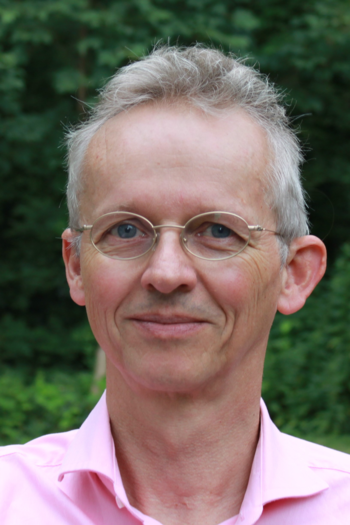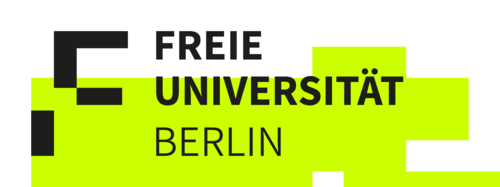Geert Keil

Associated Fellow, Humboldt-Universität zu Berlin
Epistemology and philosophy of action
My areas of research lie in action theory, the philosophy of free will, metaphysics, epistemology, and the philosophy of human nature.
In the philosophy of free will, I explore the prospects of an ability-based libertarian approach. Libertarianism is defined as the conjunction of the views that free will is incompatible with determinism, that free will is real and that determinism is false. Spelled out in terms of abilities, libertarianism says that humans possess genuine two-way powers, and that this fact has far-reaching metaphysical implications: The world must not be such that it precludes either the existence or the exercise of such powers. Within the research group, I aim to address the theoretical and conceptual challenges to an ability-based libertarianism in the light of recent work in the metaphysics of abilities and the semantics of ability ascriptions.
A second, less advanced project is concerned with the nature of the human-animal difference. Philosophical thinking about this difference is still under the spell of the ill-defined either-or question of whether the mental abilities of human and non-human animals differ in kind (qualitatively) or in degree (quantitatively). This spell must be broken. Abilities come in degrees, ability ascriptions are both context-dependent and ambiguous. I suspect that at the end of the day, when all findings from animal psychology are in, much of the dispute between ‘assimilationists’ and ‘differentialists’ about the anthropological difference will boil down to sophisticated semantic questions of ambiguity, vagueness, linguistic and non-linguistic context-dependence, and the thin line between highly general and polysemous terms. I plan to use tools from the philosophy of language in order to defuse the ill-defined question of whether the relevant differences in abilities are either gradual or categorical.



